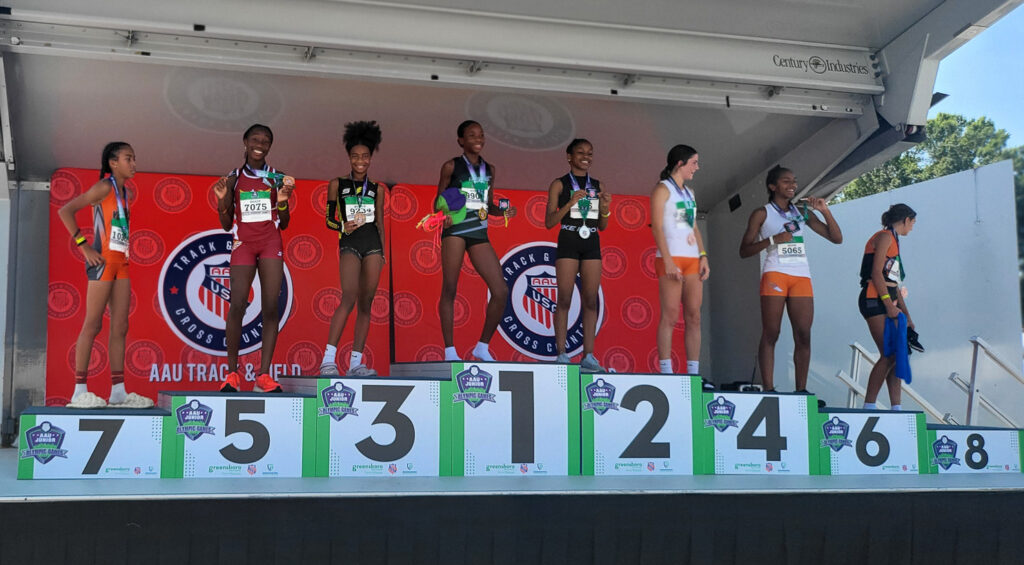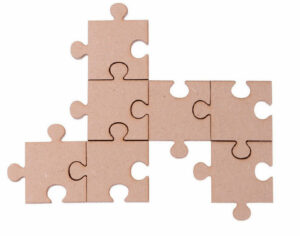We are a community focused on the relational skills needed for empathy and compassion in a changing world. Students who attend AFS are not passive consumers of knowledge but active, engaged learners ready to contribute to society in a meaningful way.
Month: November 2024
To champion bold expectations…
We continually engage our students with ideas that elevate their current understanding. Through strong relationships, our students know it is safe to take an intellectual risk. Students who attend AFS know the community believes in their potential and expects them to achieve at a high level, inspired to rise to challenge.
To inspire bold thinking…
We are a community where bold thinking leads to extraordinary achievement. When a supportive community surrounds students, they feel more secure in expressing their ideas. Students who attend AFS become the bold thinkers who will drive innovation, challenge the status quo, and inspire transformative change.
Besting Yourself: Young AFS Athletes Excel in a National Arena
Every year, 8,000 track and field athletes in Middle and High Schools across the country converge on a stadium, this year in Greensboro, North Carolina, to compete against one another—and themselves—in the Junior Olympics.
To be invited to compete, students must place highly in multiple qualifiers, involving lots of travel and training. That may be part of the reason Roger Chen ’28, who attended the Greensboro event this past summer, looks almost embarrassed to admit that he only started running a year ago. He’s humble, diligent, keeps his head down, but also fiercely competitive. His other hobbies have similar themes of timekeeping and hard work: He likes puzzles, logic games, and chess—and of course playing video games with friends. But he’s also someone who has loved the outdoors since he was young, and as he’s gotten older, he’s gravitated toward cross country and track—though he does not know which one he prefers yet.
“It’s a tie between outdoor and cross country,” Roger says. “But not because they’re similar—it’s because they’re so different. The track is a flat surface, and you just go around the circle. You’re locked in, there’s nothing else to think about. But then cross country, it’s the opposite: The scenery constantly changes around you, the path might be bumpy, lots of different turns.”
Roger had to go through two rounds of qualifiers in his age-bracket—a top 15, and then a top 5 in his region. In the end, he qualified alongside four other AFS Middle School students—Autumn G. ’30, Auria B. ’30, Gabriel Anderson ’29, and Lucy Byrd ’28.
Like Roger, Auria’s path to the Junior Olympics began a year ago, but she was attached to a more specific goal—to claim the All-American title, awarded to athletes who finish in the top eight in their event. Reflecting on her performance, Auria said, “I was very nervous because I had never made it this far before. It was just a different experience.” She ultimately placed fifth in the 800 meters, achieving her All-American status with a personal record (PR) of 2:19.

This sense of discipline and all-encompassing pursuit of a goal permeates everything Auria does, from studying to playing the clarinet. But competing against others is only part of the picture—what really thrills her is setting a new personal record. “When you run a faster time than you did before, it feels like more than an achievement,” says Auria. “You didn’t just win a race, you beat yourself. You improved. You pushed it further.”
On the other hand, Roger finds a lot of inspiration watching other athletes. “There’s a national record holder from Texas who completed a 5K in just 14:44, and a 1500-meter race in 4:02—and those aren’t even his main events. Sometimes it’s depressing because I might never be at that level, but it’s also motivational. Can I get there if I push myself?” Roger did push himself, ultimately setting PRs in both the 800 and 1500-meter races, finishing the latter in an impressive 4:35.
Reflecting on her own achievement, Auria shares a piece of advice for younger athletes just starting out. “It’s easy to get caught up in the nerves and the rankings,” she says thoughtfully. “I really wanted to be All-American. But the goal should be to push your own limits, because that’s where you really find growth. That’s where you start to feel unstoppable.”
For these AFS athletes, the Junior Olympics has proven to be much more than a competition; it’s been a journey of self-discovery, discipline, and resilience. With each race, they’re reminded that the real challenge isn’t about beating others, but achieving their personal bests. As they look toward the future, they each seem to share the same outlook: their best race is always the next one, and there’s no telling how far they’ll go.
Introducing the Inquiry Lab at Abington Friends School
by Adena Dershowitz, Director the The Fourth Century Center and Experiential Learning
At Abington Friends School, we believe that questions are the spark for discovery, growth, and understanding. Guided by our Quaker roots, we see questioning not as a simple pursuit of answers but as a path toward deeper insight. Raji Malik, AFS early childhood teacher, once captured this concept beautifully, when he referred to the work of teaching as a “sacred puzzle”.
Fostering a spirit of inquiry challenges educators to continually ask: How do we know what is true? How do we discern what is right? What is best for our students and our world?

Our commitment to questioning is what led us to establish the Inquiry Lab at the Fourth Century Center. The students, faculty members and administrators who are participating in the lab will engage in an ongoing process of discovery, addressing questions that affect our school-wide practices.
Given the significance of the impact of technology on learning and well-being, the 2024-2025 Inquiry Lab is committed to exploring areas where technological development intersect school life and learning.
- Use of Cell Phones and Devices in Quaker Schools
- The Impact of AI on Education
- Technology Skills and Ethics Curricula
The Fourth Century Center is partnering with Dr. Siva Mathiyazhagan, the Associate Director of Strategies and Impact at the SAFELab, University of Pennsylvania, and a Faculty Associate at the Berkman Klein Center for Internet & Society at Harvard University. Dr Mathiyazhagan will serve as the research advisor for the Inquiry Lab team.
As a lab, we will look both inward and outward to seek wisdom by reviewing relevant literature, connecting with other schools, and conducting internal community research. At the conclusion of the school year, the lab will present the Administrative Council with their findings and recommendations for school practice.
As we enter into this work, I am energized by the commitment of my colleagues and students who want to spend the time questioning these topics together throughout the school year. Together, we will discern not what is true, right, and best for all, but rather what is true, right, and best for Abington Friends School.